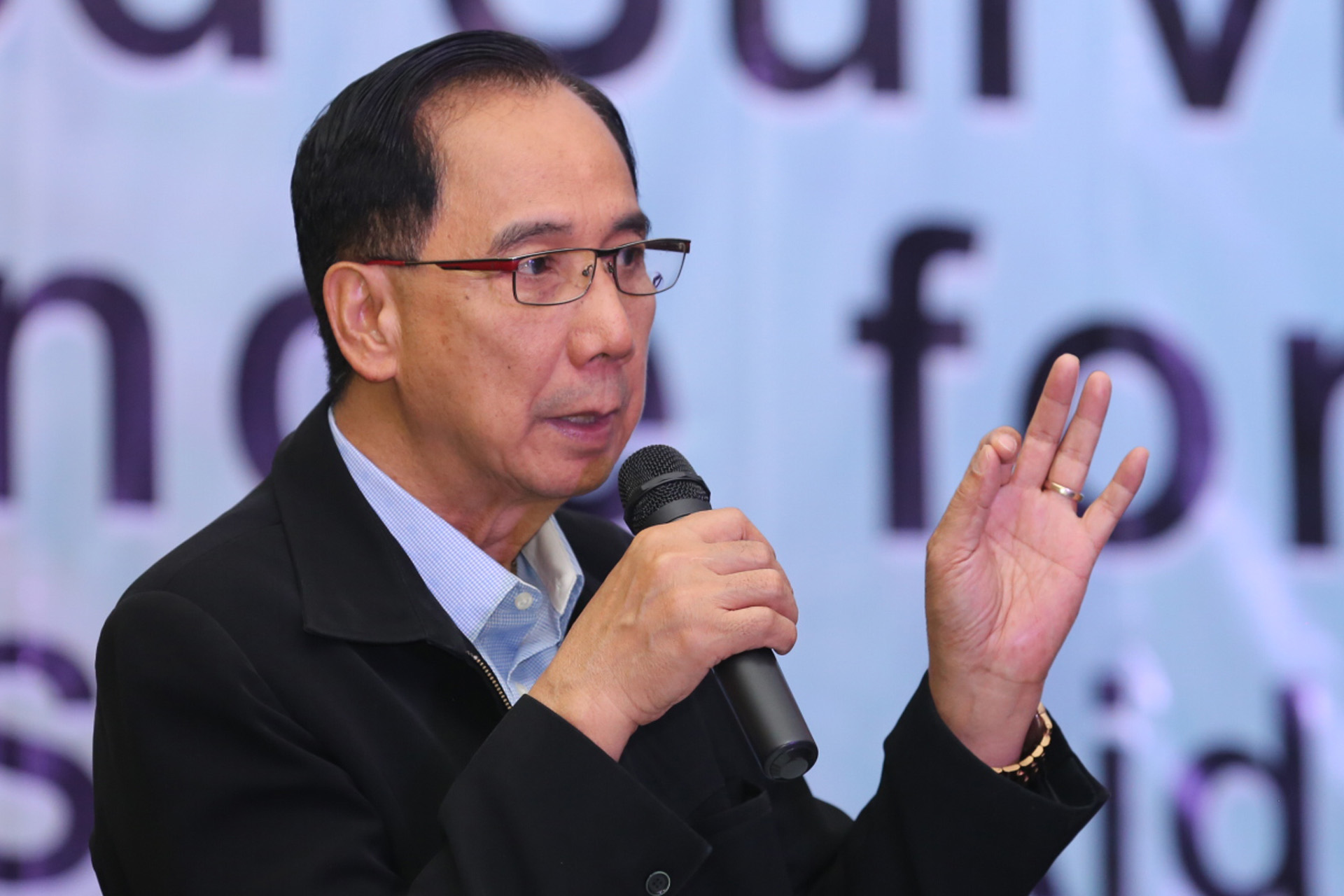
To protect unlawful trade and dealings of agriculture and fisheries products, Agriculture Secretary William Dar created the Compliance and Regulatory Enforcement for Security and Trade Office (CREST-O), a unified and integrated regulatory enforcement unit that is directly under his supervision and control.
“We need to protect the local farmers, especially in the light of Rice Tariffication Law. In view of this, we need to have a unit that will coordinate and orchestrate the different regulatory enforcement powers and functions of the Department of Agriculture including other instrumentality under one command and control post,” said Dar.
Dar tapped Jonathan Ablang, a retired general of the Philippine National Police, to coordinate the Department’s anti-smuggling efforts under the CREST-O.
The agriculture chief stressed that all actions of the newly-established enforcement unit will be intelligence-based and not on mere hunches that are vulnerable to abuse and other human frailties.
With barely two weeks into its birth, DA CREST-O unearthed some 11,660 metric tons of imported rice landed through what it calls a Phantom Port in Pampanga.
“DA CREST-O is currently checking the records of five Cooperative Development Authority-registered cooperatives that were reported to have been issued Sanitary Phytosanitary Import Clearance by the Bureau of Plant Industry,” Ablang reported.
It was found that all the five cooperatives store their rice shipment at the warehouse of UPFC Logistics Corporation at Brgy Tabang, Guiguinto, Bulacan.
“It will be recalled that during the DOF-BIR Inspection of some 11 warehouses on October 3, one of the business establishments that was reported to be operating without the necessary permits from the BIR was UPFC Logistic Corporation,” reported Ablang.
Upon seeking clearance from the Secretary Dar, CREST-O was given the green light to dig deeper into this mysterious importation of rice through this phantom port in Pampanga.
Ablang added that, under the Anti-Agricultural Smuggling Law, mere possession of rice or any agricultural product which has been subject of smuggling, “entered into the Philippines other than the Bureau of Customs (BOC) controlled ports” or without the necessary permits shall be prima facie evidence of smuggling.
BPI records show that the five cooperatives were issued import permits. But a check with authorities in the area resulted no information about the existence of a BOC controlled seaport in Pampanga.
“Unless these rice shipments were flown in by air, then these cargoes are, by law, presumed smuggled. Depending on the amount of these shipments as may be valued by Customs authorities, smuggling of this staple in this magnitude will qualify as large-scale smuggling and considered as economic sabotage,” Ablang said. ### (Rita dela Cruz, DA-Communications Group)













